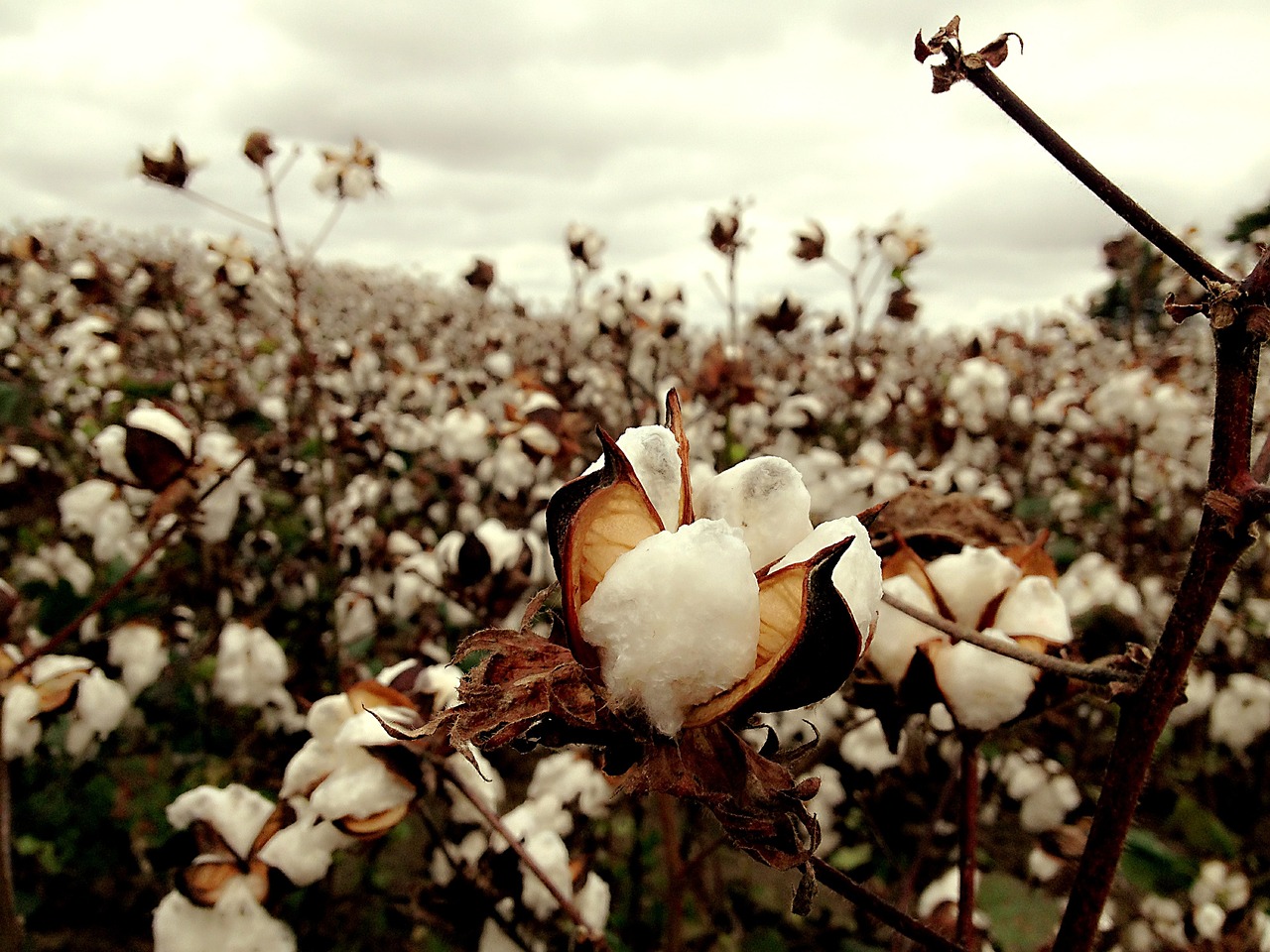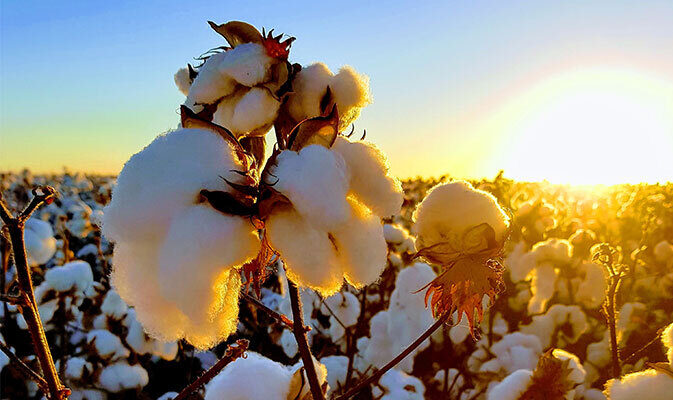On concerns over crop damage from unfavorable weather circumstances, jeera (cumin) prices have risen to a fresh high of 39,765 rupees per quintal from 36,000 logged earlier this month. One of the most popular spices in Indian cooking, jeera is a significant export good. More than 70% of the world’s production and trade is accounted for by India. Due to several variables that have affected the crop, jeera prices have recently increased.
The unfavorable weather that has been present in the key jeera-growing States of Gujarat and Rajasthan since early March is one of the causes of the price increase, according to a Kedia Advisory study.
The crop has been harmed at several phases of growth and development, leading to lower yields and poor quality, it added. The damage was caused by a protracted dry spell followed by unseasonal rainfall and hailstorms.
Market sources claim that the total size of the domestic jeera crop, which was anticipated to be 70 lakh bags (3.85 lakh quintals) at the start of the season, will now only be about 50 lakh bags (or 2.75 lakh quintals). Compared to the 88 lakh bags produced the previous year, this is a significant decrease (4.84 lakh quintals). Arrivals in the physical marketplaces have been impacted by the decreasing production. Jeera arrivals typically peak in April, but this year they have been extremely low and have decreased by more than 50% compared to the same month last year.
Jeera is in high demand from domestic and international buyers who are willing to pay higher costs to protect their inventories as a result of the limited supply, it claimed. With the likelihood of a continued widening of the demand-supply imbalance, the forecast for jeera pricing in the short future remains favorable. The forthcoming festival season is anticipated to see an increase in local consumption, and export demand is also robust. In addition, other significant producers like Syria and Turkey have experienced crop losses, limiting the availability of jeera on a worldwide scale.

